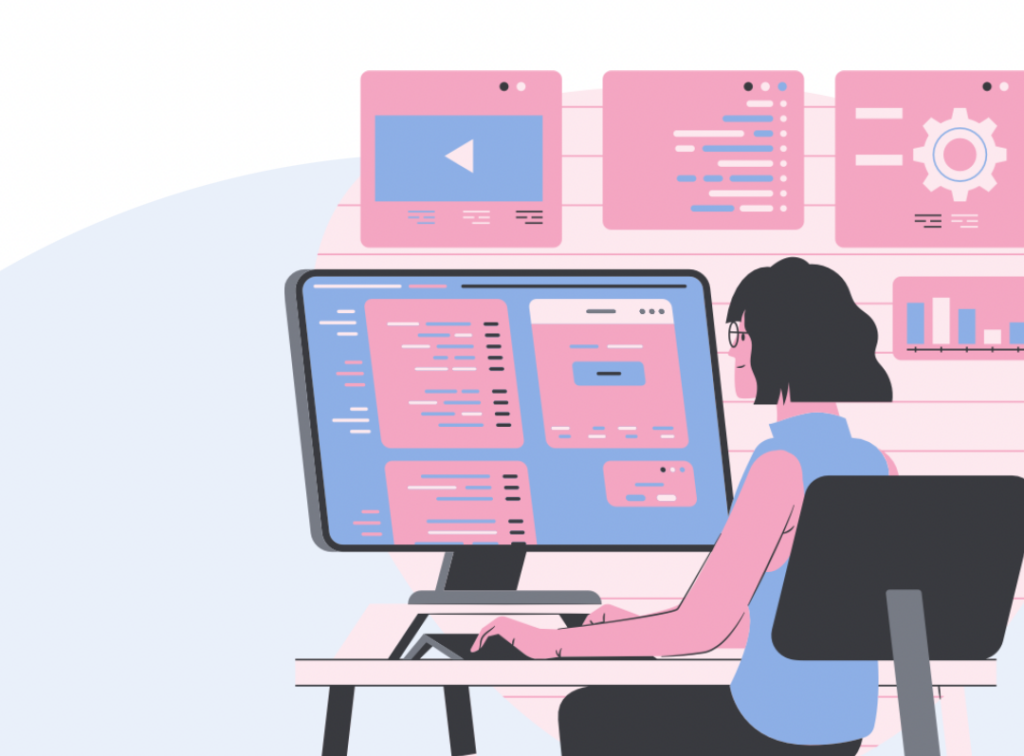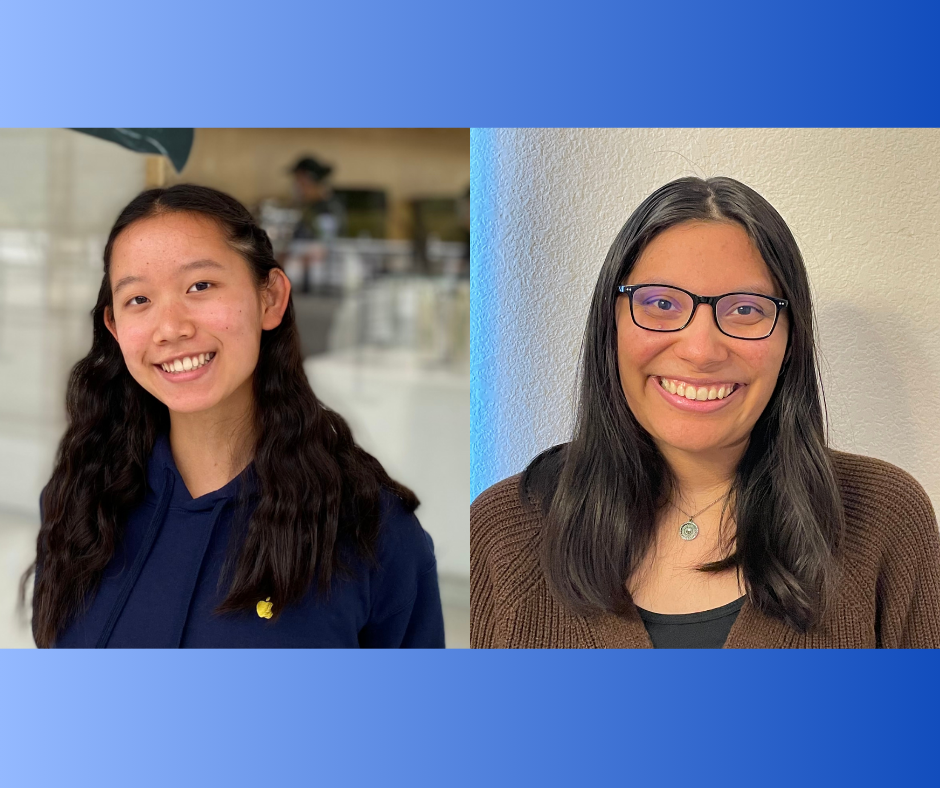Hello! My name is Audrey and I am one of Born This Way Foundation’s youth advisors. Today I am joined by Marisa, my fellow Born This Way Foundation’s youth advisor.
We both share a passion for engineering for kindness and social good. Below we chat about the intersection between mental health and technology and using tech to create a kinder, braver world!
How did you discover your passion for coding/engineering?
Audrey: I discovered my love for coding during Computer Science Education Week in third grade. There was just something so exciting about piecing together a set of instructions, just like a puzzle, and then admiring the results when I got it right. In middle school, I got more serious about coding and started learning programming languages. Then I found the program Kode with Klossy, which teaches young girls how to code.
Marisa: I discovered my passion for coding back when I was a rising junior in high school. That summer I also participated in Kode With Klossy and had never written a line of code before. I was definitely nervous since I was pushing myself out of my comfort zone, but I’m so glad I did because I ended up discovering a new passion! Because of this, I decided to major in Software Engineering in college and pursue a career in the tech industry.
What is one of your coolest/favorite projects and why? How did working on it inspire you?
Audrey: I have worked with many different cool technologies from measuring phone tilt using accelerometer data to coding music live and visualizing space debris. The project that has a special place in my heart is Affective Cookies, a website where users can create a mental health card and scroll through their mental health filtered feed! Originally, it was going to be an app called serenity with a focus on reducing imposter syndrome. As I refined my programming skills and learned from my fellow youth advisory board members, I realized the impact of social media on youth mental health was a more direct problem I could solve. Sharing Affective Cookies with the world has been quite empowering, as developers gave me suggestions on how to improve my website’s design and users shared how it has helped them.
Marisa: I’ve also been fortunate to have the opportunity to work on several different coding projects as well! I think one of my favorite projects was a website called Isolocation. As it was made in the summer of 2020, the site was a resource for users to figure out new opening and closing hours, requirements, and more of local businesses due to COVID-19 restrictions. This was a memorable project because I worked on it, virtually, with a team for the very first hackathon (which is an event where programmers come together, either virtually or in-person, to build projects together) I ever participated in! Working on this project inspired me as my team and I worked to create a tool and resource that could be used in that exact moment. It really put into perspective for me just how powerful coding and technology can be.
How can others build projects to create a kinder, braver world? What is your advice to others who want to help their (online) community in a way that you have?
Audrey: I would advise anyone who wants to create a project to brainstorm problems in their community, no matter how big or small. Then you should brainstorm ideas that could solve one of your problems, the more unique the better! When you are creating a solution, be sure to put your user first and think about how you can ensure it is ethical. I believe we all can use our creative or innovative energies to create a kinder, braver world.
Marisa: I definitely agree with you, Audrey! I would tell them to ask others in their community what problems they would like to see solved. From there, you can brainstorm different ways the problem can be solved and how it would help the community! You can also ask the members of your community to test the project/solution you make!
What interests you the most about the intersection between mental health and the tech/engineering industry? What do you want to learn more about? What would you like to see or create next?
Audrey: I am excited to see the development of wearable technologies to measure mental health. If a sensor could pick up real-time symptoms relating to stress or anxiety and provide instantaneous feedback, such as a breathing exercise, that could be super helpful.
Marisa: I would love to see more university computer science and engineering departments and tech companies have open conversations about mental health with their students and employees. I would like to hear about the mental health experiences of students and professionals in the industry and learn what they believe school departments, employers, and the tech industry in general can do to help ensure the mental wellbeing of both students and professionals.



















